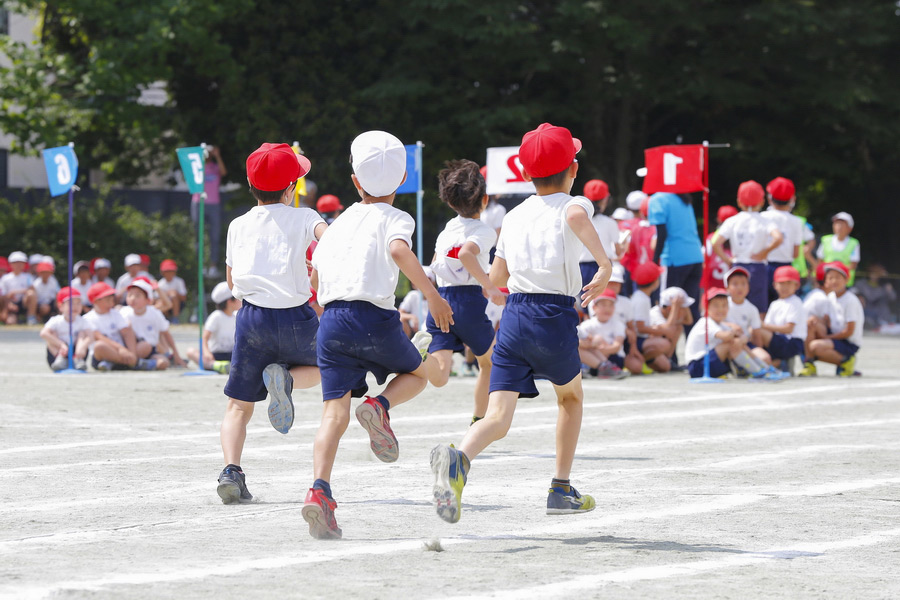Sports Day

Sports Day (スポーツの日, Supōtsu no Hi) is a national holiday in Japan, celebrated on the second Monday of October to promote a healthy and active lifestyle. Originally, it was established to commemorate the opening of the 1964 Tokyo Olympic Games and was first celebrated on October 10 before being moved to its current date in 2000.
The XVIII Summer Olympic Games were held in Tokyo from October 10 to 24, 1964, during the fall season to ensure comfortable temperatures for athletes. This was a historic event for Japan, marking the first time the Olympics were hosted in Asia. It also served as a symbol of Japan’s rapid postwar recovery, showcasing the country’s newfound economic stability.
The 1964 Olympics were groundbreaking in many ways. They were the first to be broadcast live via satellite television, and some events were even shown in color—though only within Japan. One of the most memorable moments of the Games was the lighting of the Olympic flame by Yoshinori Sakai, an amateur runner from Waseda University. He was born in Hiroshima on August 6, 1945, the day the atomic bomb was dropped. His selection as the torchbearer symbolized Japan’s reconstruction and commitment to peace.
Two years after the Olympics, in 1966, Japan introduced Sports Day to honor this momentous event and to encourage people—especially children—to engage in sports and outdoor activities. Initially, it was held on October 10, but in 2000, it was moved to the second Monday of October, allowing for a long weekend and more opportunities for physical activity.
In high schools, "Sports Autumn" begins in September, an intensive sports training period with 2–3 lessons per day, leading up to the Undokai Sports Festival (運動会) held on the weekend before Sports Day. This festival includes classic track-and-field events such as relay races, 100-meter sprints, and long jumps, as well as fun activities like tug-of-war, sack races, and rugby matches.
One of the highlights is the "exciting relay race", an obstacle course featuring:
- Three-legged races
- Bamboo stretcher races, where teams carry a teammate
- Laundry hanging challenges
- Crawling under nets
- Cartwheels on mats
Beyond schools, Sports Day is embraced nationwide. The day often begins with mass exercise routines held in parks, neighborhoods, and fitness clubs. Urban areas also host sports competitions, and some prefectures organize traditional martial arts tournaments, where visitors can both watch and participate in sports such as kendo, judo, and sumo.
Sports Day is more than just a holiday; it reflects Japan’s commitment to health, community, and physical fitness. Whether through school events, neighborhood activities, or martial arts competitions, the day brings people together to celebrate the joy of movement and the legacy of Japan’s Olympic history.

